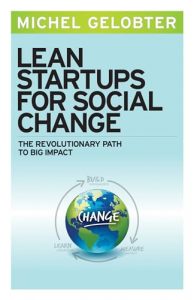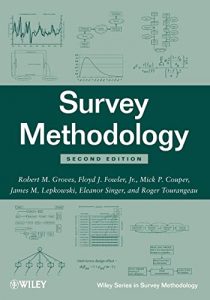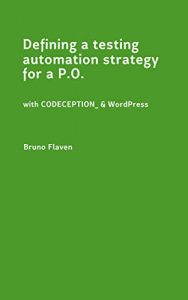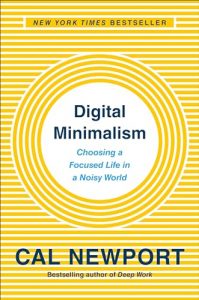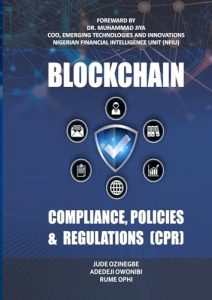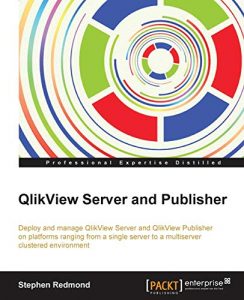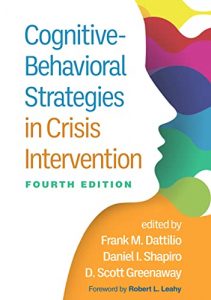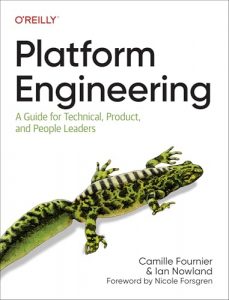Unlocking the Future of Finance: Must-Read FinTech Books
With the rapid evolution of financial technology, it’s essential to stay updated on the latest trends and insights. Below, we explore some of the most impactful FinTech books that every professional in the finance sector should read.
1. FinTech For Dummies
Written by an exceptional team including Steven O’Hanlon and Susanne Chishti, FinTech For Dummies serves as an ideal guide for those new to the fintech world. It simplifies complex concepts, making it accessible for readers of all backgrounds. The book covers essential topics like crowdfunding and blockchain, providing a foundational understanding crucial for navigating today’s financial landscape. Whether you’re a professional or simply curious about the financial technologies reshaping our economic climates, this book is a must-read.

2. The FINTECH Book: The Financial Technology Handbook for Investors, Entrepreneurs and Visionaries
The FINTECH Book by Susanne Chishti and Janos Barberis is a comprehensive resource for understanding the financial technology ecosystem. It features insights from industry leaders and innovators, making it a treasure trove of knowledge for investors and entrepreneurs alike. This book not only covers the technological aspects but also discusses the cultural changes driven by fintech, equipping readers with the knowledge to make informed decisions in a rapidly changing environment.

3. Fintech Business Models: Applied Canvas Method and Analysis of Venture Capital Rounds
Matthias Fischer’s Fintech Business Models presents a deep dive into the frameworks that define successful fintech ventures. This book employs the applied canvas method, allowing readers to visualize and strategize their business ideas effectively. It also provides insights on venture capital rounds, which are crucial for startups seeking funding. By understanding these models, readers can harness innovative strategies to carve their niche in the fintech landscape.

4. Ultimate Python for Fintech Solutions
For those looking to integrate programming into finance, Ultimate Python for Fintech Solutions by Bhagvan Kommadi is essential reading. This book guides you through building modern financial applications and harnessing the power of Python alongside finance packages and blockchain technology. As the demand for tech-savvy finance professionals continues to grow, this book equips you with the skills necessary to thrive in this dynamic field.

5. Banks and Fintech on Platform Economies
Paolo Sironi tackles the intersection of traditional banking and fintech in Banks and Fintech on Platform Economies. This book discusses contextual and conscious banking, highlighting the need for financial institutions to evolve and adapt in a digital age. With keen insights into consumer behavior and market shifts, this book is a crucial resource for banking professionals looking to understand new business models in this space.

6. Fintech: The New DNA of Financial Services
Fintech: The New DNA of Financial Services by Pranay Gupta and T. Mandy Tham explores the transformative power of fintech in the financial services industry. This book examines how innovation shapes the future of finance and why companies need to adapt. It takes a close look at emerging fintech trends, making it invaluable for anyone involved in financial services and investments.

7. Modern Banking and Digitalization
In Modern Banking and Digitalization, Vitaliy Shpachuk and Vu Quang Trinh delve into the impacts of fintech on the traditional banking market. This comprehensive guide provides an analysis of how digitalization has transformed banking operations, customer relations, and financial products. With insights into the future of banking, this book is perfect for finance professionals eager to explore the digital revolution in banking.

8. Fintech Dictionary
The Fintech Dictionary by Rainer Alt and Stefan Huch is a vital reference for anyone keen on mastering the language of fintech. This comprehensive glossary covers terminology ranging from blockchain to regulatory compliance essential for understanding this evolving field. It’s an excellent resource to brush up on essential definitions and concepts that are key to effective communication in fintech.

9. Fintech and Financial Risk in China
Exploring a specific regional context, Fintech and Financial Risk in China by Zhigang Qiu and colleagues sheds light on the unique challenges and opportunities within the Chinese fintech market. This book is an invaluable resource for understanding how global trends affect local dynamics and how financial risks are managed in an increasingly digital economy.

10. Generative Artificial Intelligence in Finance
If you’re interested in the future of finance, Generative Artificial Intelligence in Finance by Pethuru Raj Chelliah and co-authors presents groundbreaking insights on AI’s role in transforming accounting and finance processes. This book delves into large language models and their practical applications, reflecting the convergence of financial services and technology. It’s a must-read for anyone aiming to leverage AI in their financial strategies.

As we pivot towards a tech-driven financial future, these books will arm you with essential knowledge and insight, ensuring you’re not just a spectator but an active participant in this revolution.






